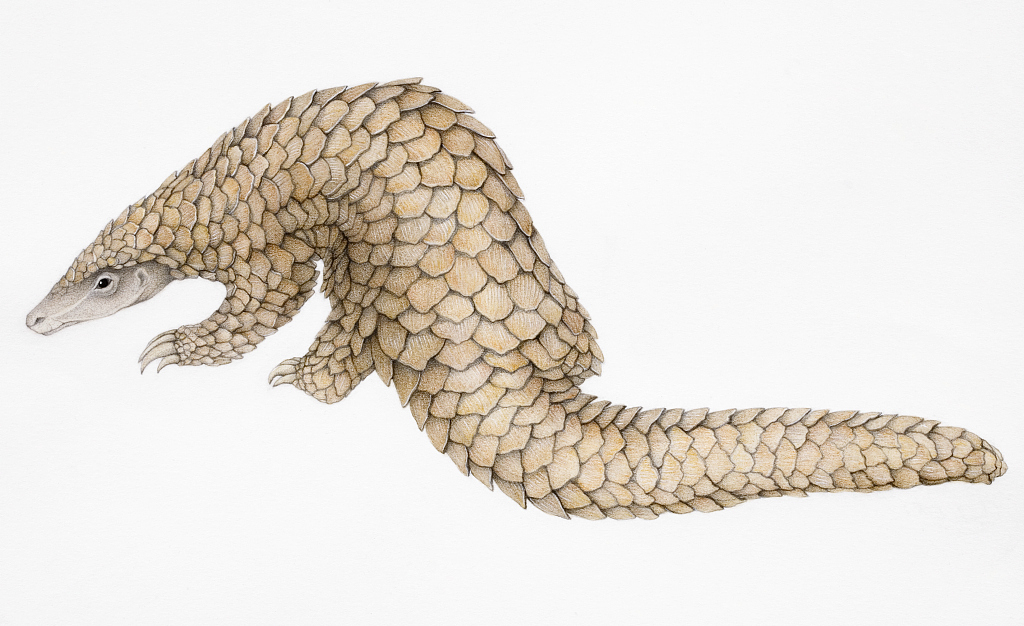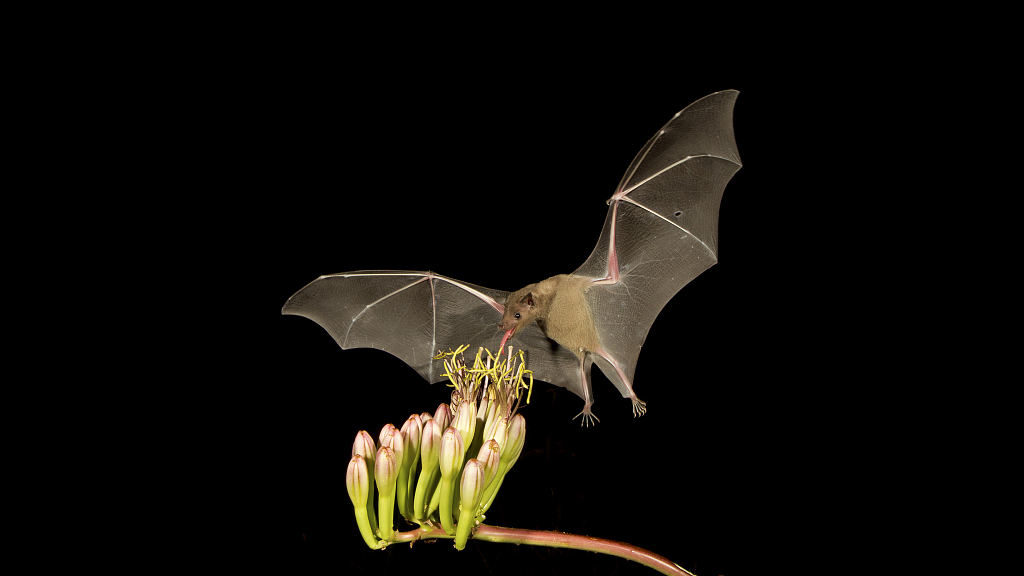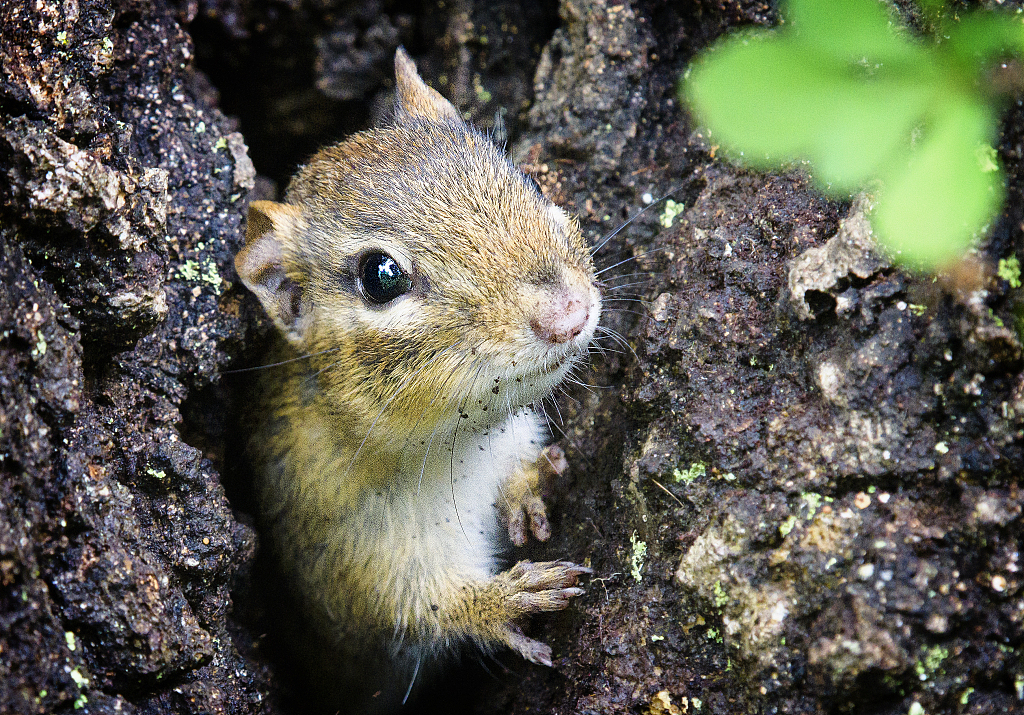As the fight against the COVID-19 epidemic continues in China, "wildlife" became the object of wide discussion. Before the outbreak, some Chinese believed wild animals were fair game for food; now some believe they are enemies. Bats and pangolins have been proved to carry the virus, causing quite a few people to insist on killing them all to keep humans safe.

The Malaysian pangolin is believed to be a median host of coronavirus. /VCG
The Malaysian pangolin is believed to be a median host of coronavirus. /VCG
It is time for us to treat wildlife correctly without bias or misunderstanding: Wildlife are our neighbors, not thought of as food, enemies, or origin sources of disease. In fact, these neighbors are protecting us.
They help balance ecosystem
All lives link together, including human. Wildlife plays a bigger part in keeping the balance of nature than we do. Coral reefs support 25% of marine animals with 0.17% of the total area of the ocean. Insects and bats help pollinate 80% of angiosperm plants. The interaction between larger animals, including ungulates, elephants and boars, shapes the whole ecosystem for the bigger picture. That will not happen without them. Without coral reefs, the fishery industry will shrink and coasts will erode. Without pollinators, crop production will be reduced. Without those mammals roaming the African savannah, the whole system will collapse.

Bats are important pollinators. They help to exterminate mosquitoes, too. /VCG
Bats are important pollinators. They help to exterminate mosquitoes, too. /VCG
Wild animals do carry viruses; but as long as people do not catch, eat or get too intimate with them, they will keep the viruses to themselves. Moreover, the high level of biodiversity, the less opportunity for humans to get zoonosis, as animals buffer or shield the spread of diseases for us. Ticks are more likely to bite rats and squirrels; mosquitos tend to sting bulls and cows. If there are enough animals, humans will be safe from those little virus-spreaders. On the contrary, if we kill most wild animals, the loss of biodiversity will push the viruses into human groups.

Rodents shield us from annoying ticks. /VCG
Rodents shield us from annoying ticks. /VCG
The good news is that China has defined eating wild animals as a "bad habit" and is taking action to wipe it out. Putting wild animals on the dinner table has been banned throughout the entire country. This is a good sign and more steps will be taken to protect wildlife and their habitats.
Again, wildlife are neighbors, not food, not the enemy. We need them in many aspects. The best we can do for them is to keep a safe, friendly distance. Do not disturb them.
(All pictures via VCG)
(If you want to contribute and have specific expertise, please contact us at nature@cgtn.com.)